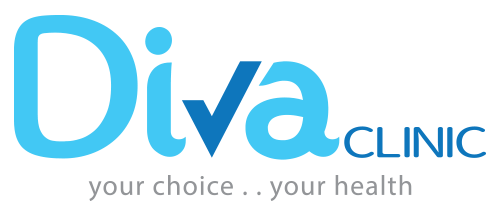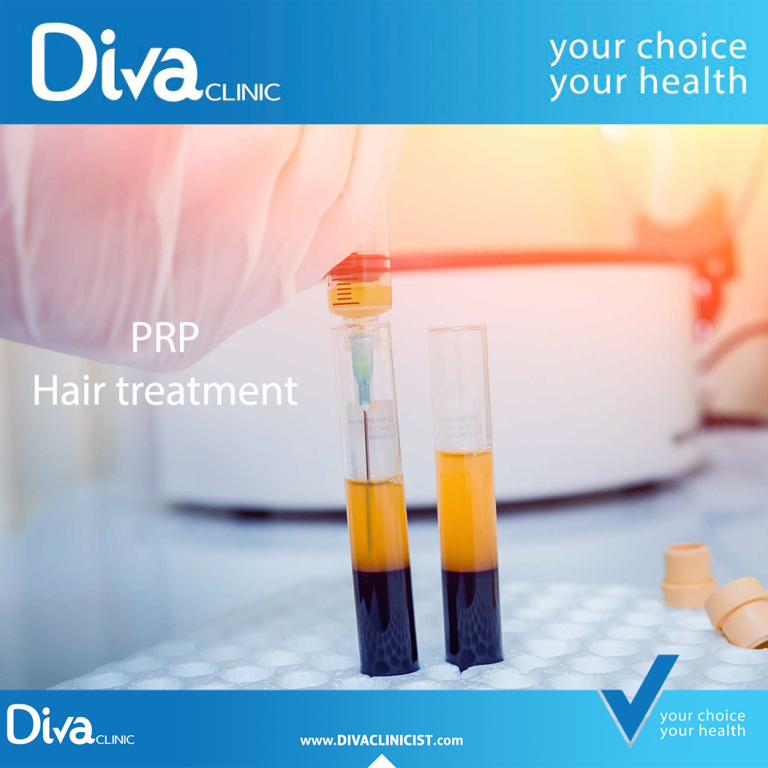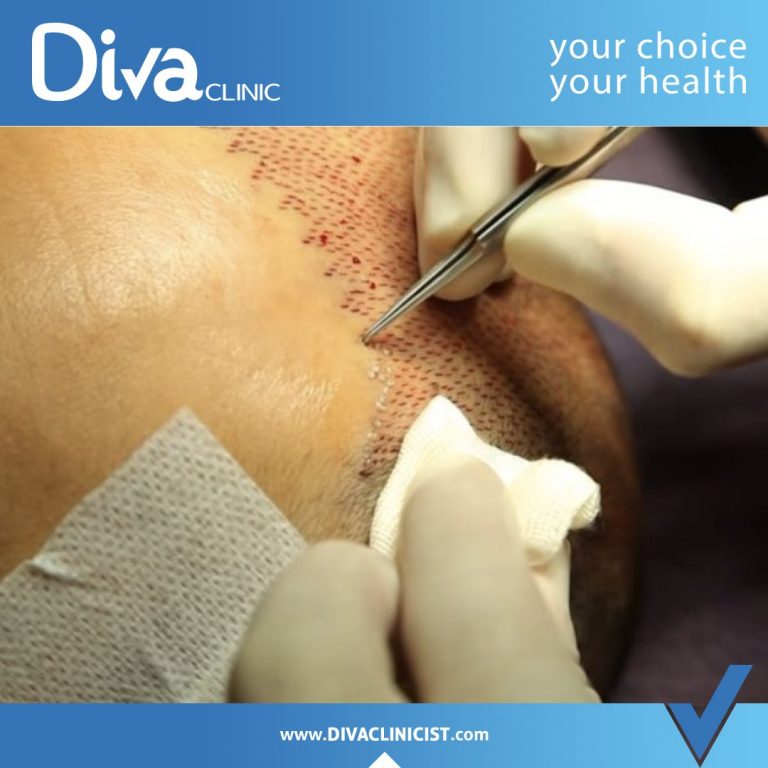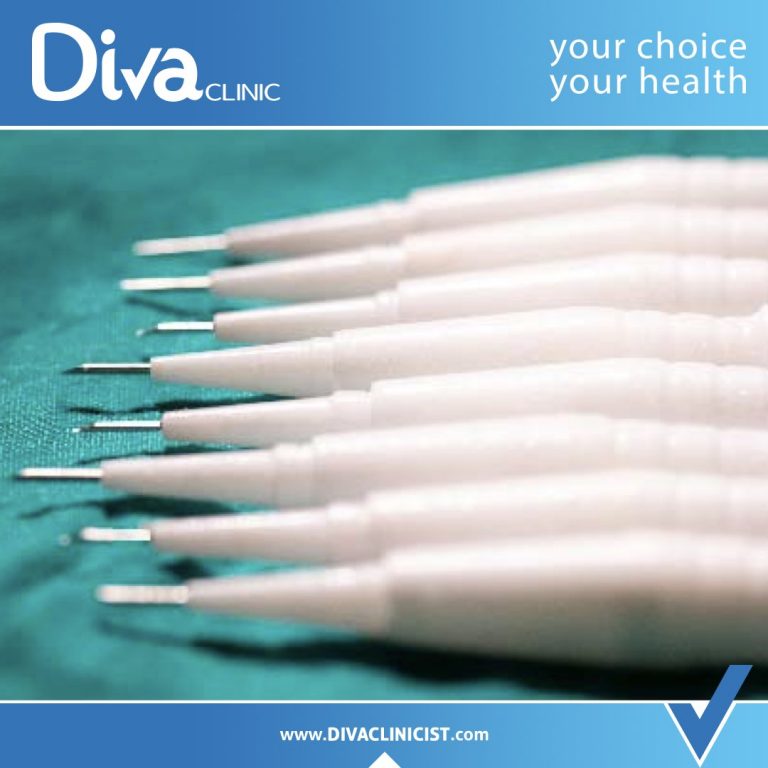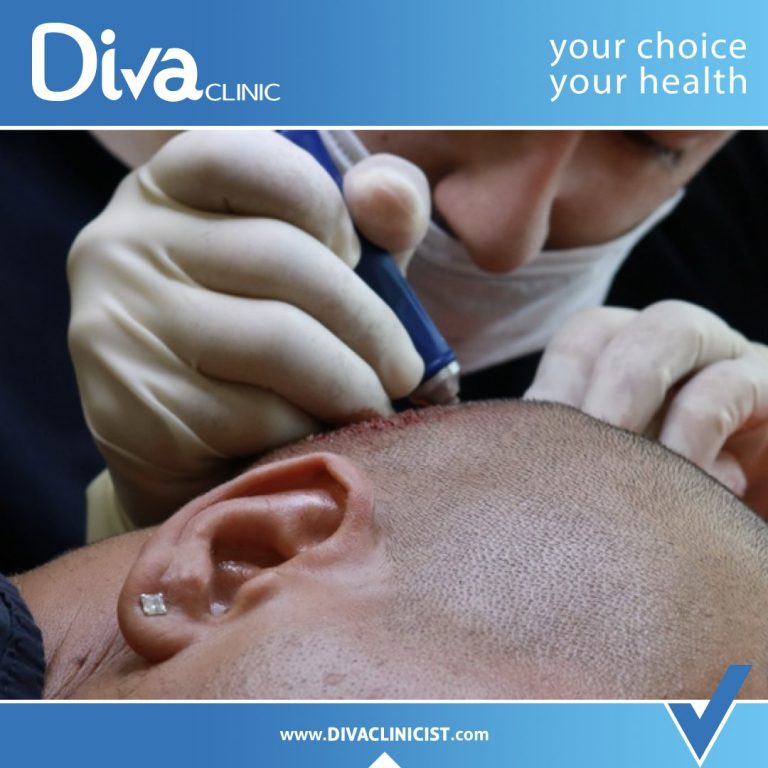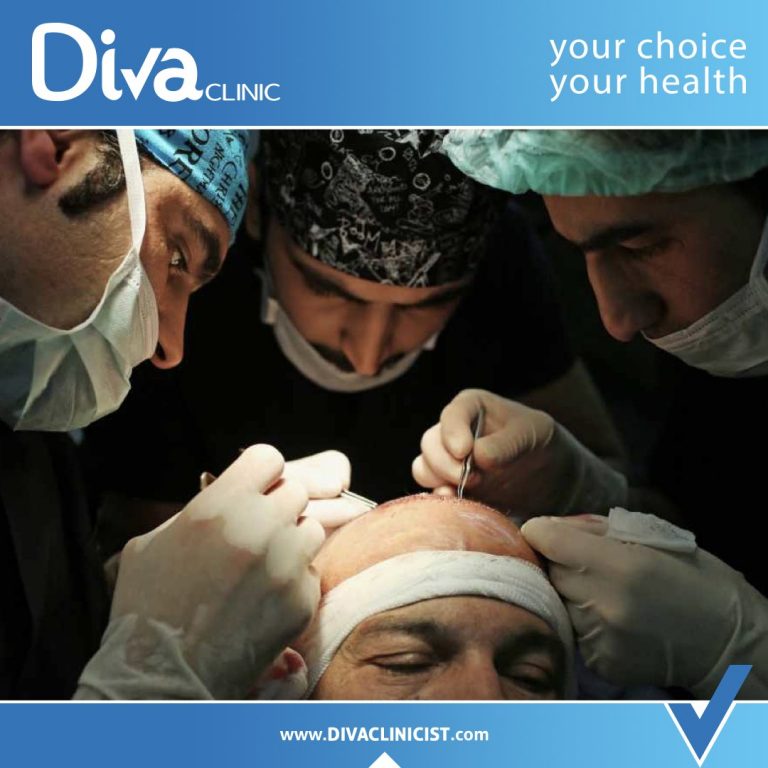Most frequently asked questions after a hair transplant procedure at Diva Clinic:
- Is there a relationship between diet and transplanted hair growth?
- What’s the optimal diet to be followed after the transplant procedure?
- What foods should be avoided after the transplant?
As we understand, hair loss is largely related to genetic causes. However, a healthy diet and the consumption (or lack) of valuable nutrients and vitamins supporting hair follicles, also play a fundamental role in hair loss.
It is known that patients who suffer from a damaged immune system, malnutrition and obesity have early hair loss, often severely and rapidly.
Based on the on expertise and experience of our specialist, following the hair transplant procedure, we at Diva Clinic, recommend the following:
The optimal diet to enhance hair growth:
Diets rich in protein, vitamins, minerals, and amino acids are necessary to support hair growth, especially in the early stages after the procedure. Follicle’s growth takes about six months.
Following a complete diet enhances the hair growth and prevents hair loss. Furthermore, it prompts a quick recovery and the life cycle of healthy follicles.
Protein:
It is advised to eat an adequate amount of high-protein foods. Protein is found in foods such as chicken, fish, eggs, milk, cheese and dry nuts that contain a large amount of amino acids, especially those of natural sources. Furthermore, protein is the basic component which nourishes the hair and makes it thicker.
Omega-3:
Omega-3 fatty acids are required for a variety of functions in the body. They are highly recommended after the procedure as they contribute to the healing process.
Omega 3 can be found in oily fish like salmon. It is also found in flaxseed, walnuts and avocado.
Vitamins:
Vitamins are substances that the body requires. It is recommended to eat foods rich in vitamins, especially vitamin B, which are found in broccoli, spinach, whole grain pasta, black beans, lettuce, peppers, almonds and zucchini.
Minerals:
Magnesium, zinc, calcium and iron are beneficial and necessary for human health. They strengthen hair follicles and enable hair to grow in a short period of time. Minerals are found in legumes, dairy products, green leafy vegetables, as well as olive oil.
Those whose diet do not contain all these nutrients are recommended to take them as daily probiotics.
Diva Clinic provides patients with the necessary medications and probiotics after a hair transplant procedure.
Foods to avoid after the hair restoration surgery:
Alcohol:
Avoid alcohol for at least the first two weeks after the procedure.
Coffee:
It’s not recommended to drink coffee directly after the procedure. However, it varies from person to person.
Saturated fat and processed food:
Doctors prohibit these types of food as they can have adverse effects on the body and hair. Chocolate, chips and canned foods must also be avoided.
These highly recommended guidelines must be followed in order to protect the hair and ensure optimum results of the transplant procedure.


